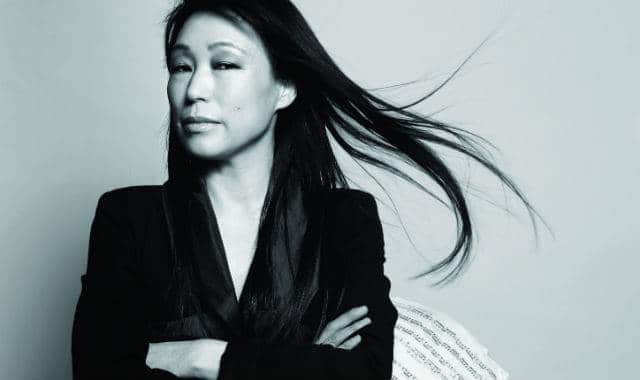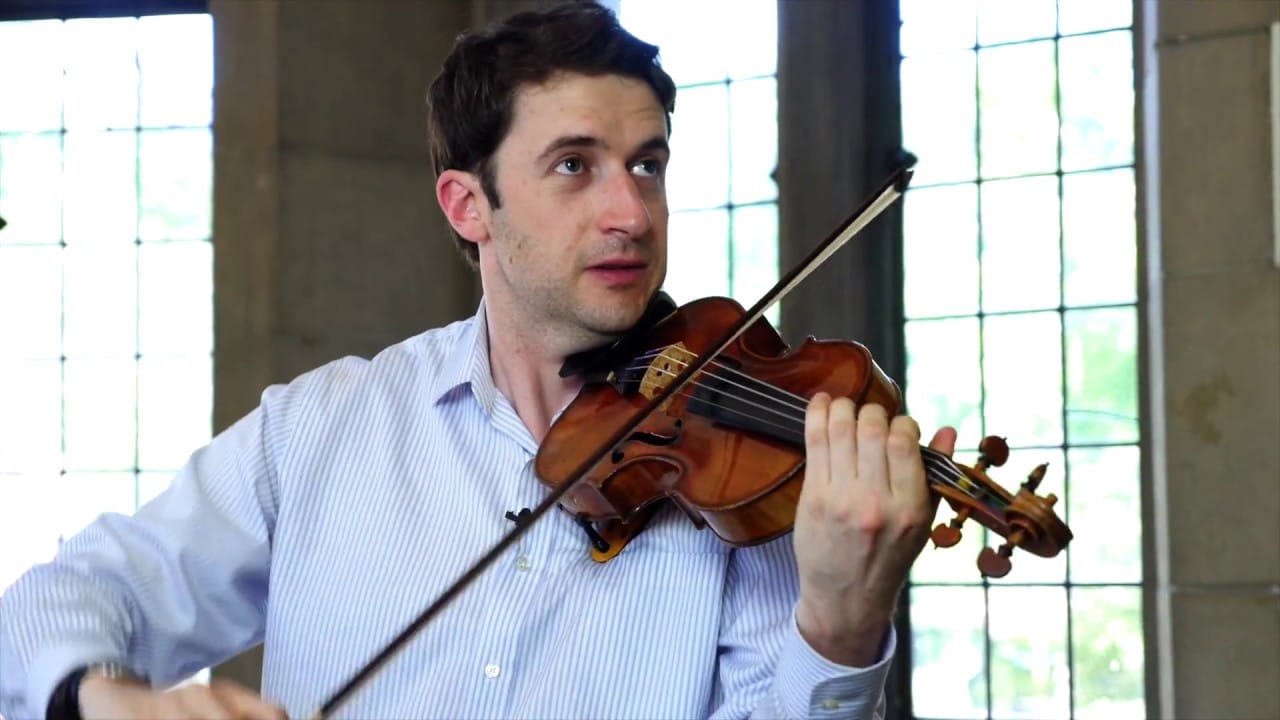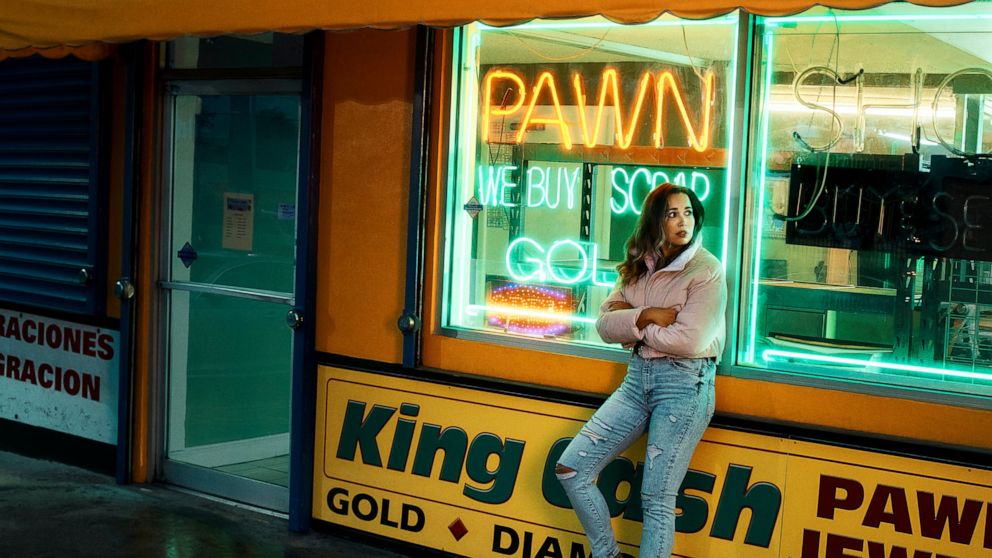Nobody loves Asian composers, says NY Times
NewsIn the third part of its polemical series on the undervaluing of Asian musicians in America, the paper comes up with a factoid that ‘works by Asian composers make up only about 2 percent of American orchestral performances planned for the coming season.’
Dear, oh dear.
And how many by African composers are included? Or Middle Eastern? Or Polynesian?
Symphony orchestras are rooted in the western polyphonic tradition. They may visit other cultures but that’s not their prime mission.
Judging their output by numbers and an assumption of prejudice, as the NY Times has been doing is at once perverse, distorted and politically motivated. It has nothing to do with the art form on which orchestras are founded.
Read all about it here.







Comments